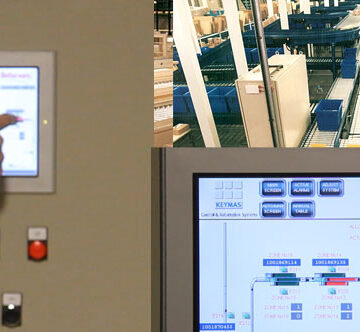Implementing a Programmable Logic Controller or PLC system for your manufacturing or production facility is a significant decision that can greatly impact on your automation processes. Indeed, automation has become increasingly prevalent in the manufacturing and production industries over the last few decades, while if you are thinking about implementing a PLC system, you should continue reading this insightful article if you want to learn more about how to ensure a successful implementation. In addition, there are three crucial factors that should be carefully considered before proceeding with the implementation of a PLC system in your production facility
- System requirements and objectives
Before implementing a PLC system, it is essential to define the specific requirements and objectives of the automation project. This definition should involve a complete understanding of the processes that need to be automated, the tasks that the PLC will perform and the expected outcomes of the project. The more detailed and comprehensive the understanding of these requirements, the more effectively the PLC system can be designed, programmed and implemented in order to meet them. It is imperative to consider several factors such as the complexity of the processes, the number of input and output points, the speed and accuracy that is required and any safety or regulatory standards that have to be followed.
- Scalability and future expansion
In addition, a well-designed PLC system should not only address the operation’s current automation needs but it should also account for any future growth and expansion. Moreover, scalability is another critical factor to think about before implementing a plc system. As your business evolves, the automation requirements of the manufacturing processes may change or expand. As a result, the chosen PLC system for your facility should have the flexibility to accommodate additional input and output points, modules, or functionalities as required by your production process.
- Expertise and training
Lastly, implementing a PLC system requires specialist knowledge and skills in industrial automation and programming. As a result, it is essential to assess the expertise available within the firm or to identify the need for external assistance from a company providing automation control systems.
- System requirements and objectives
- Scalability and future expansion
- Expertise and training
After all is said and done, implementing a PLC system demands careful consideration of the various system requirements, scalability and expertise, while by thoroughly understanding the automation objectives, planning for future growth and ensuring the availability of skilled personnel, your business can successfully implement a PLC system.

















